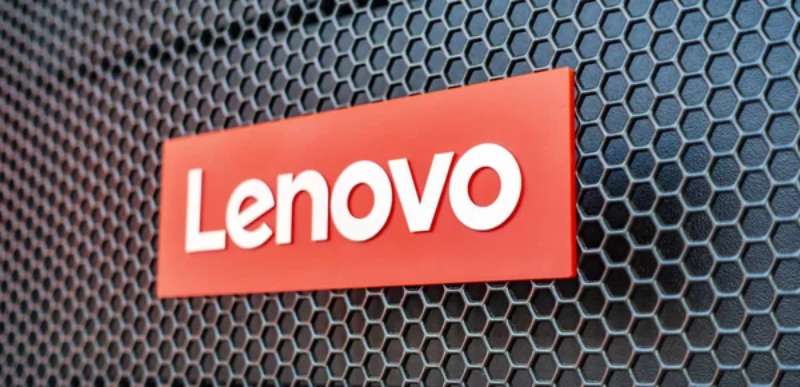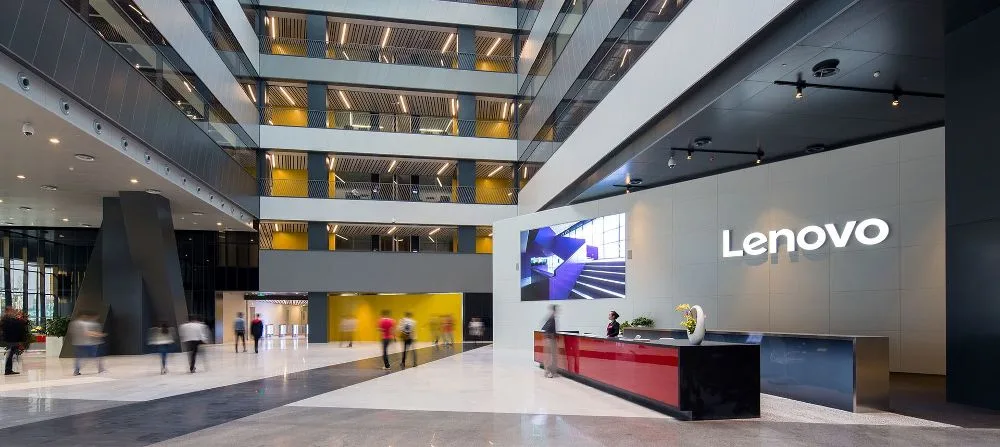
Lenovo’s Success Story: Leading the Future of PCs and Beyond
Lenovo, a leading global technology company, was founded in 1984 in Beijing, China, by a group of engineers from the Chinese Academy of Sciences. Initially named “Legend,” Lenovo focused on distributing foreign computers in the domestic market. It wasn’t until 2004 that the company rebranded itself as Lenovo, combining “Le” (from Legend) and “Novo,” the Latin word for “new.” This name change marked the company’s ambition to become a global brand.
In 2005, Lenovo made a historic move by acquiring IBM’s personal computing division, which solidified its position in the global PC market. Headquartered in both Beijing and Morrisville, North Carolina, Lenovo operates in more than 60 countries and sells its products in around 180 markets worldwide.
What Lenovo Does
Lenovo’s product portfolio includes a wide range of devices, such as laptops, desktops, tablets, smartphones, workstations, servers, and storage solutions. Among its most popular product lines are the ThinkPad and IdeaPad series, which have become synonymous with reliability and innovation in personal computing. The ThinkPad series, originally developed by IBM, continues to be favored by businesses and professionals, while the IdeaPad series targets consumers with its versatility and sleek designs.
In addition to hardware, Lenovo has expanded its focus to offer services such as IT infrastructure solutions, cloud computing, and AI-powered applications. This expansion demonstrates Lenovo’s commitment to evolving with the digital age, making it a key player in the future of technology.
Problems Lenovo Faced Along the Way
Despite its success, Lenovo encountered numerous challenges in its journey. One of the company’s major hurdles was the intense competition in the global PC market, particularly from industry giants like Dell and HP. The competition was fierce, and Lenovo had to constantly innovate to maintain its market share.
Another issue was the financial strain caused by the IBM acquisition in 2005. Integrating IBM’s division into Lenovo’s existing structure was complex and expensive, requiring significant adjustments in operations and culture. Additionally, Lenovo struggled to establish a strong presence in the smartphone market, facing stiff competition from Apple and Samsung.
Lenovo also faced criticism for pre-installing third-party software on its devices, which led to concerns over user privacy and security. This issue affected the company’s reputation and raised questions about its commitment to safeguarding user data.

How Lenovo Overcame These Problems
Lenovo’s ability to navigate through its challenges is a testament to its resilience. To address the competition in the PC market, Lenovo focused on innovation, launching cutting-edge products like the ultra-slim ThinkPad X1 Carbon and the Yoga series, which featured convertible designs that appealed to both consumers and professionals. These innovations helped Lenovo differentiate itself from competitors.
To manage the IBM acquisition, Lenovo invested heavily in integrating the two companies’ cultures and operations. The company also restructured its business to streamline production and improve efficiency, which eventually led to profitability.
In response to the smartphone market struggles, Lenovo shifted its strategy by acquiring Motorola Mobility in 2014. This acquisition provided Lenovo with valuable patents and access to key markets, especially in North America, helping it strengthen its position in the global smartphone industry.
Regarding the software controversy, Lenovo took decisive action by enhancing its software policies and committing to greater transparency in its product offerings. The company also improved its security protocols to reassure customers that their data would be protected.
Current State of Lenovo
Today, Lenovo stands as the world’s largest PC vendor, a title it has held for several years. In 2020, Lenovo’s global market share reached approximately 24.99%, solidifying its leadership in the personal computing industry. The company’s annual revenue exceeded $60 billion, demonstrating its robust financial health.
Lenovo continues to innovate, focusing on emerging technologies such as 5G, artificial intelligence, and augmented reality. Its new product lines, like the ThinkEdge series for edge computing, highlight Lenovo’s commitment to being at the forefront of technological advancements.
In addition to hardware, Lenovo has also made significant strides in the software and services sectors. The company’s focus on smart IoT, data center solutions, and AI-driven applications positions it as a major player in the future of technology.
As Lenovo continues to evolve, its core values of innovation, customer satisfaction, and global reach remain central to its mission. With a presence in nearly every corner of the world, Lenovo is well-positioned to lead the next generation of technological innovation.
